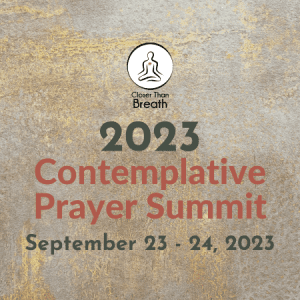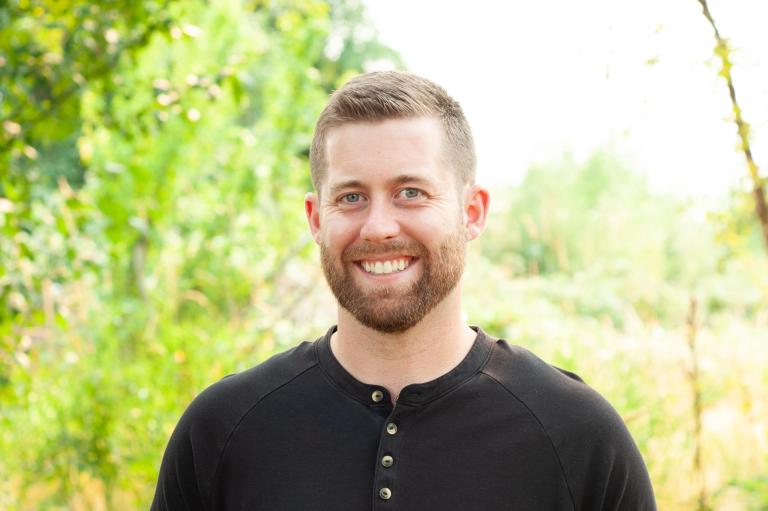
In 2015, I took my first job in education as a public high school teacher just south of Seattle, Washington.
As I began the year, I was excited to prove myself and make a difference. I had spent the summer crafting the perfect curriculum, designing a fail-proof system for grading, and had purchased more posters than I could ever have the wall space for in a classroom. I saw this as my opportunity to “shape young minds,” face down and fix all the “problems” I had skillfully diagnosed, and ultimately to transform the world based on my own ideals and belief systems.
It was a damaging and saviorist posture to carry.
Before long I became one of our teacher union’s building representatives, which bolstered me even more as the “good protector” of the people. And when a new principal showed up and we didn’t see eye to eye, I saw it as my sacred duty to stand up and fight for what I saw as “right.” I felt as though this were a holy war. Every day as I walked into the school building, my body carried the tension of being in an epic battle of good versus evil.
For two years, this tension percolated within me, slowly at first, but growing everyday. I could sense an internal, bubbling anger within my depths and the feeling I was bashing my head against a wall over and over again.
And, as things tend to do when we’re stressed, other aspects of my life began to feel the impact of this constricted state of being.
My relationship with my then-fiancée, which had felt rock-solid, began to fall apart, turning my home into an extension of the war zone. I would come home from a day of battle and immediately transition to walking on tiptoes, actively working to avoid the landmines of saying or doing the “wrong thing.” It felt as thought I were in between two “mountains of the unsolvable.”
That’s when the crash happened.
Realizing – finally – this was a situation I couldn’t fix with a snap of my fingers or any amount of kind words, I fell into the dark softness of grief.
This wasn’t just a grief for the never-ending struggle at work or the definitely-ending of a relationship; there was a subtle quality to this grief that struck much deeper to my core. This was an experience of grief for having lost touch with a sense of my own good-enough-ness, my own worthiness, and my inherent dignity.
That part of me that James Finley calls “infinitely precious.”
Or to borrow a phrase from Howard Thurman, I began to grieve having closed my ears to the sound of the genuine attempting to sing its way up from within me.
I remember clearly the night when the illusion burst.
My partner and I were in an argument at home over something or other and I finally lost it. Tapping into the grief and the all-consuming anger present within me, mostly directed at myself, I hopped on my bike and all I could do was ride, my feet demanding the tires go faster with each push of the pedals.
(I later referred to this moment with my friends as my “Ride of Rage.”)
My brain simply couldn’t comprehend what was happening and my body had finally had enough of the stress and repression of emotions. I rode down the darkened streets at full speed as I pushed myself and angered at the world. It was only when my legs began to give out and I came to a stop and just breathed that I was able to recognize for the first time the illusion I had been living in: an illusion that I was in control.
In other words, in that moment of darkness and exhaustion and grief I entered the beautifully tender and frustrating liminal space of disillusionment.
In his book The Active Life, Parker Palmer writes:
“There is the experience we commonly call disillusionment, when a trusted friend lets us down, an institution we had relied on fails us, a vision we had believed in turns out to be a hoax, or—worst of all—when we discover ourselves to be less than we had thought. Many of us try hard to avoid such experiences, and when we are in the midst of them we go through a kind of dying.
But the very name we give these moments tells us that something positive is happening through our pain. We say we are being “dis-illusioned.” That is, we are being stripped of some illusions about life, about others, about ourselves. As our illusions are removed, like barriers on a road, we have a chance to take that road farther toward truth.
Instead of commiserating and offering a shoulder to cry on when a friend says that he or she [or they] is disillusioned, we ought to congratulate, celebrate, and ask the friend how we can help the process go deeper still.”
In the events that led up to my Ride of Rage, I had been attempting to control my own inner life, repressing my emotions all the while trying to control everything outside of me as well. I had become a curmudgeon, projecting and blowing my own trauma through the bodies and central nervous systems of others.
It was only through this experience of my reality radically shifting – or should I say my posture opening to becoming dis-illusioned – that I was finally able to begin letting go some of my desire for control.
The disillusioning moment didn’t remove me from the muck of life; I still had to go home that evening to the argument, to the failing relationship, and eventually back into my school the next day.
But I had experienced something of an “ah-ha” moment whereby I was invited into the deep and heavy and delicious and beautiful work of becoming present to my own life.
I have a practice of never writing anything without asking a question, so here are a few for you to sit with and work within your life in the coming days:
- Think of a time in your life when you felt disillusioned. What was the weight or texture of that experience in your body?
- How has the experience of disillusionment led to you seeing reality more clearly? How has it led to even more confusion?
- What is an illusion you are aware of and yet are continuing to live within?
Interested in deepening your contemplative prayer practice?
For those who have been engaging with my work for awhile, you’ll know that much of my approach to inner work is rooted in contemplative spirituality.
If you’re interested in engaging a contemplative prayer practice, or just learning more about it, my friend Keith Kristich is hosting an event I think you’ll get a lot from.
It’s called the Contemplative Prayer Summit and it’s an event dedicated to deepening your spiritual practice.
During these two days, you’ll be invited to explore:
- Lessons from spiritual teachers who offer fresh perspectives on prayer & contemplation
- The lives and teachings of people like Thomas Merton, Ilia Delio, Thich Nhat Hanh and more
- The intersection of activism & the spiritual life through engaged contemplation
- Practical ways of enhancing your daily prayer and meditation practice
- How to weave mindfulness into your everyday life, cultivating peace & resilience amidst life’s challenges
- Prayer from an interspiritual approach with contemplative teachers from various world traditions, embracing the shared wisdom of different contemplative practices
- The body’s sacred role in your contemplative life & practice
I think it’ll be a great event. Check it out here.














